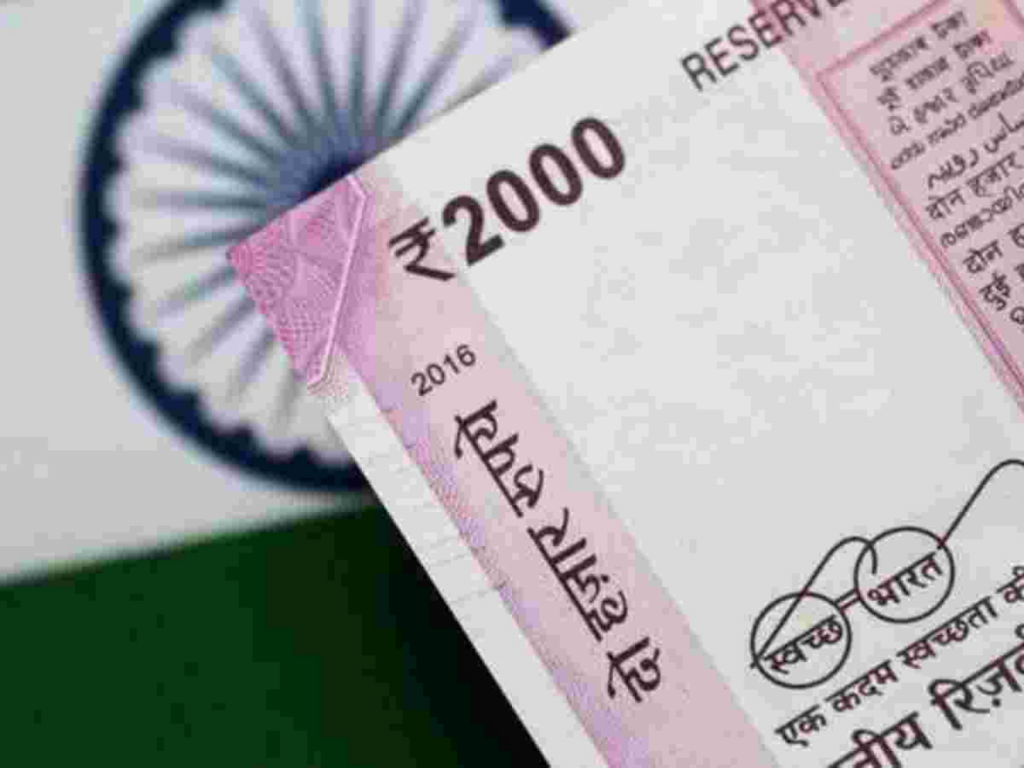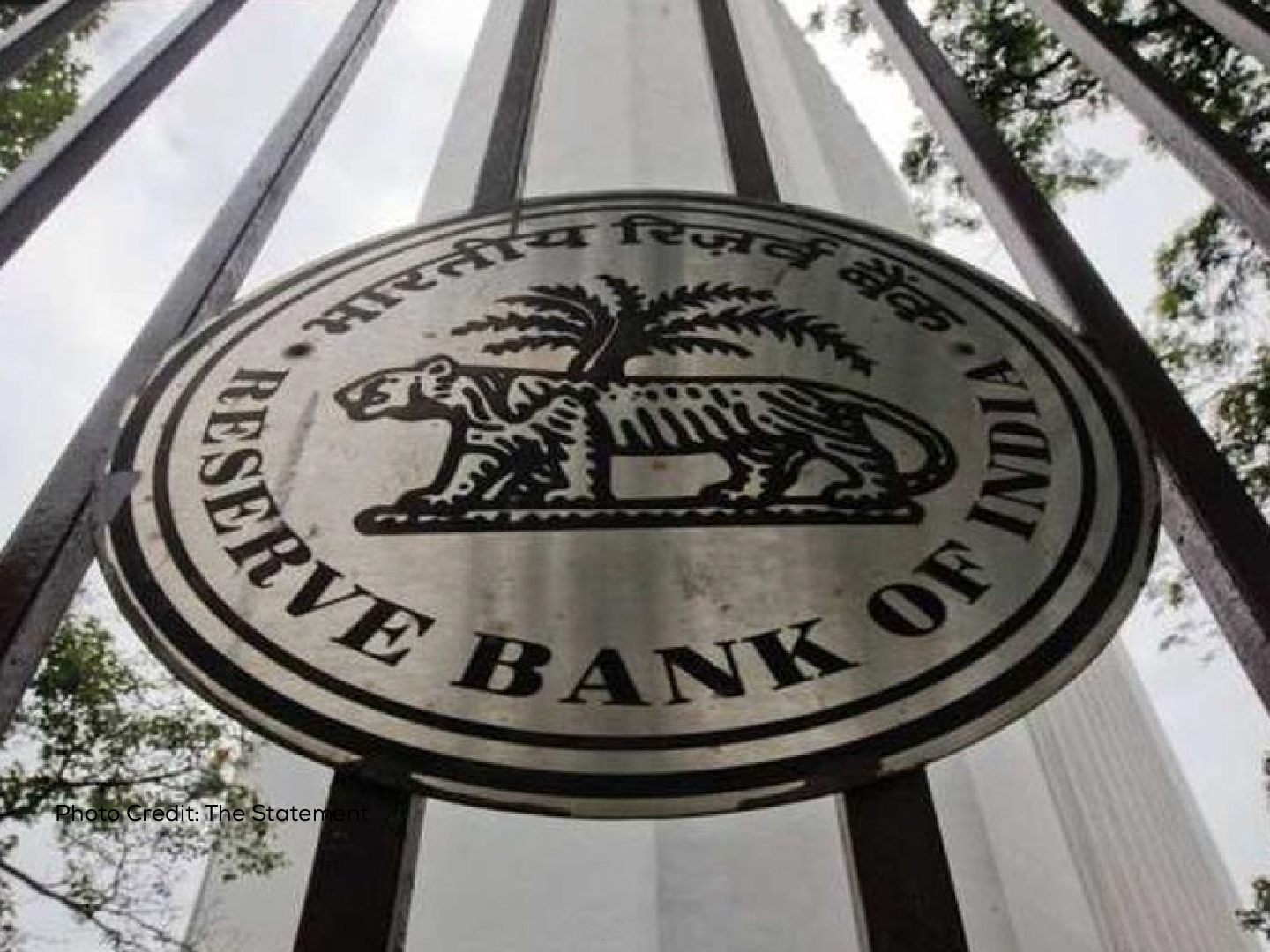Search
Budget 2022 lays the groundwork for private investment revival
February 07, 2022

The third year of Covid pandemic made Budget 2022-23 more vital than any other time in recent memory with residents expecting greater liquidity, and learning experiences in work and pay. Two key measurements for assessing any budgetary exercise are to see how much cash would the financial plan leave in the hands of the public, and the size of the fiscal deficit.
A fundamental concept of ‘National Income Identity’ in economics, explains that national output or income comprises, private consumption, private investment, and net exports. Conventional economic wisdom suggests that during times of an economic downturn or slowdown, ‘private consumption’ should be given an immediate boost to get the economy back in a development direction. This is for the most part done by placing more cash or liquidity in hands of the citizens or public, by rationalizing taxes, and by encouraging private consumption spending.
Budget 2022-23, in continuation with the rationale of earlier year’s Budget 2021-22, gives a somewhat aberrant monetary boost through the whimsical counter-cyclical fiscal policy, wherein the grouping of the Indian allotment has been on the factors ‘government expenditure and ‘private investment’. Financial plan 2022 keeps on focusing on strong capital formation in the economy and puts in place an incentive structure to stimulate private investment in the production sector of the economy. The rationale might be to make a strong accelerator multiplier effect and set India’s economy on a growth path.
Important Links:
- Post Graduate Diploma in Management (PGDM): https://tscfm.org/courses/3-in-1-management-program/
- MBA from UK University: https://tscfm.org/courses/mba-from-uk-university/
- MBA for Executives: https://tscfm.org/courses/mba-for-executives/



